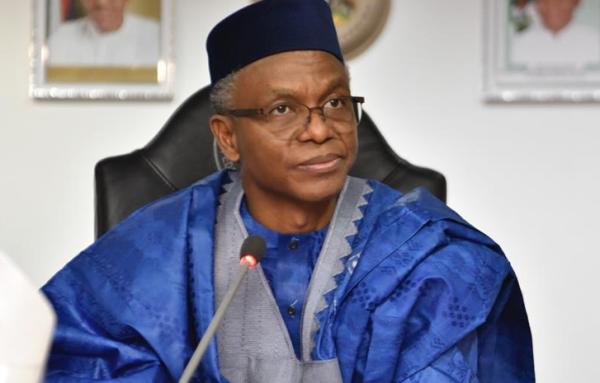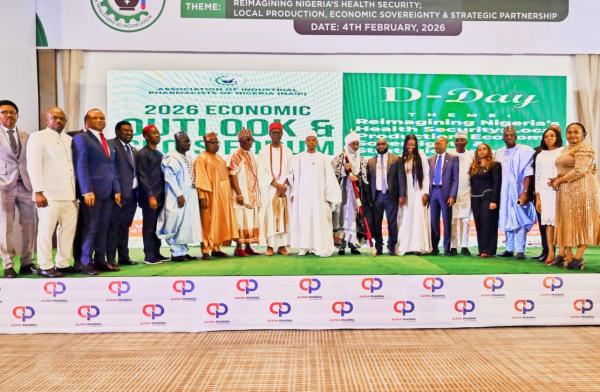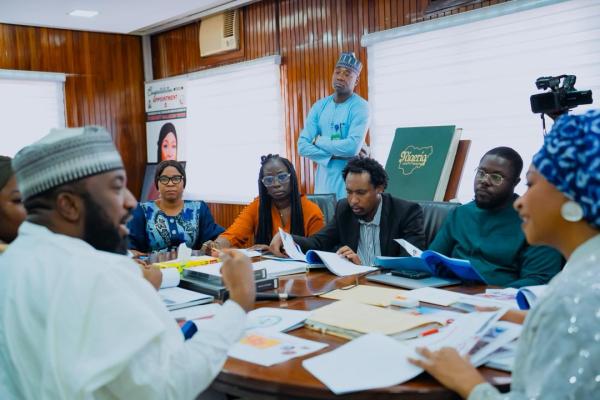
Nigeria’s Minister of Communication Technology, Omobola Johnson, has disclosed that the Federal Government has invested $9 million (about N1.5 billion) on software development as seed capital being managed by a company, the EchoVC.
Mrs. Johnson revealed this in her address at the third edition of Demo Africa, the first in the country, on Thursday in Lagos.
According to her, the government will be conducting the first case of its seeded Information and Technology Innovation Fund in a couple of days with the country literally a month away from making her first investment in a number of Nigerian/African tech startups.
The Minister, however, said a lot still needs to be done, especially in the areas of infrastructure and African governments must support and sustain this.
The minister stated: “Infrastructure needs to be built to connect more and more Africans to the internet for more ideas to be birthed and more companies to be nurtured with more investments to be made in these companies.
She hinted that in the next two days, the world will witness 40 African start-ups pitch their solutions to these great opportunities and challenges with a hope to secure funding and support to take their ideas and innovations to the next level.
“I understand that in the two years of Demo Africa, alumni has generated over $8 million worth of investments, businesses and partnerships. This is how you create jobs, new business opportunities, expand economies, improve social wellbeing of citizens. Importantly, these outcomes also speak directly to our ‘companies and not code’ philosophy in the Ministry of Communication Technology.
“It is good to show prowess in software development but it is even better to develop businesses and companies that are powered by that software. The recent IPOs of Twitter and Ali Baba are testimonies of what is possible. I can’t imagine that it is too often that you get this level of government participation in Demos around the world. And this is because government, innovation and entrepreneurship are rarely mentioned in the same breadth. But governments, indeed, African governments, have an important role to play in catalysing the startup industry as evidenced in the US and of course, Israel.” She added that the Nigerian government has done and will continue to do her bit to support the software development industry and is contributing to the development of a robust pipeline of start-ups with an industry focused tech launch pad software competitions and “our IDEA incubators and accelerators. Now, we have added 70 start-ups to this fledgling but vibrant ecosystem and four IDEA incubators have emerged finalists for Demo Africa 2014.”
On internet opportunities, Johnson explained that it has translated directly to opportunities to generate income, to create wealth, to create jobs, new business opportunities and economic expansion, stressing that these were the very opportunities African governments are looking for and need to transform their economies and the economic lives of their populations.
“One report highlights this potential and predicts that the internet can contribute up to $300 billion to Africa’s GDP by 2025 and this is from an estimated $18 billion in 2013. While mobile subscriptions in sub-Saharan Africa are forecasted to exceed 635 million by the end of this year (2014) and predicted to rise to around 930 million by the end of 2019.
“The increase in the number of mobile subscribers has fuelled increases in mobile internet use in Africa and we are considered to be at the cusp of a mobile internet revolution. Predictions are that mobile internet use in Africa will increase 20 fold in the next five years. This is double the estimated growth rate in the rest of the world. Lower priced devices (in particular smartphones and tablets), increase investment in network infrastructure and increase availability of spectrum for mobile broadband, are among the factors that will drive this growth.”
Also speaking, the ministry’s Permanent Secretary, Dr. Tunji Olaopa, added that by 2030, it is expected that many African countries would find themselves within a demographic window of opportunity that would allow them to reap the benefits of what has been called the ‘demographic dividend’.
“Consequently, any policy initiative at all that has no value proposition for the youths, or better still, that does not, among its many objectives, target the incredible but still largely undeveloped and untapped energy of our largely youthful population, is non-starter. The least we can do, therefore, at policy level through targeted investment as entrepreneurs and in our corporate social responsibilities is to create critical mass of role models and benchmarks that could challenge our youths on innovation trajectory.”






















